Activism: Feminism
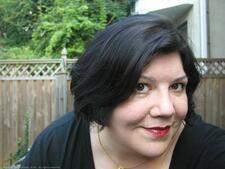
Hanne Blank
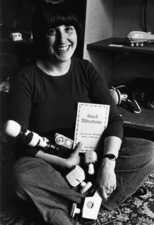
Joani Blank
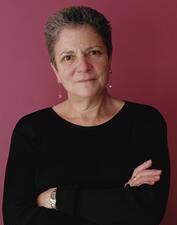
Gay Block
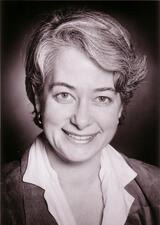
Heather Booth
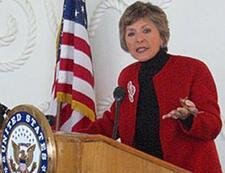
Barbara Boxer
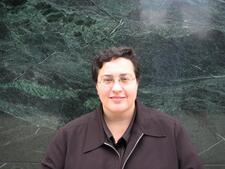
Marla Brettschneider
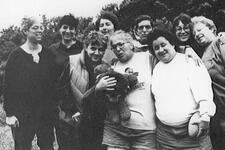
Bridges: A Journal for Jewish Feminists and Our Friends
Bridges: A Jewish Feminist Journal emerged in the overlap of late twentieth-century feminism and the Jewish and connected Jewish feminist writers, activists, and artists with each other, and with various public forums, for more than two decades. As a project made by, for, and about Jewish feminists, it became a space of creative collaboration, and a place to showcase late twentieth-century Jewish feminist cultural projection.
Britain: Nineteenth and Twentieth Centuries
Since being allowed to resettle in 1656, Jews in Great Britain have established deep community ties throughout their diverse community. Class differences between early Sephardic settlers and the later wave of Ashkenazi immigrants gave rise to numerous Jewish charitable organizations, in which women played a key role.
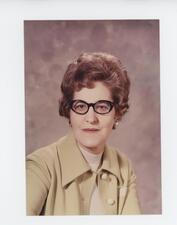
May Brodbeck
May Brodbeck, whose career in the sciences ran the gamut from teaching high school chemistry to exploring fundamental philosophical questions about the nature of human consciousness, was among the foremost American-born philosophers of science.
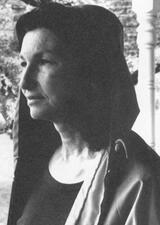
Esther M. Broner
A novelist, playwright, and ritualist, Esther M. Broner emerged on the literary scene in the early 1970s as a leading feminist writer. Her novels feature bitter, fearless, and funny characters. In other works, Broner has combined autobiography with feminist critique of Jewish tradition and created new rituals, such as her 1976 “Women’s Haggadah.”
Shifra Bronznick
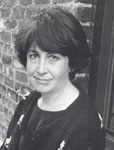
Susan Brownmiller
Susan Brownmiller is a radical feminist writer and journalist. She was a leader in the Women’s Liberation Movement of the 1960s to 1980s (second-wave feminism). Brownmiller is bes-known for Against Our Will: Men, Women, and Rape (1975), the first comprehensive study of sexual violence.

Elana Brownstein
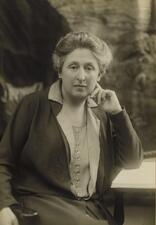
Cécile Brunschvicg
Cécile Brunschvicg was one of the grandes dames of French feminism during the first half of the twentieth century. Although her chief demand was women’s suffrage, she also focused on a range of practical reforms, including greater parity in women’s salaries, expanded educational opportunities for women, and the drive to reform the French civil code, which treated married women as if they were minors.
Judith Butler
Judith Butler is the Maxine Elliot Professor of Comparative Literature and the Program in Critical Theory at the University of California, Berkeley. Butler’s work treats gender, hate speech, the precarity of life, the precarity of one’s position as a Jewish thinker in light of Israeli policy towards Palestinians, alternative kinship structures, non-violence, vulnerability, and other, equally complex and important aspects of human existence.

Aviva Cantor
Journalist and lecturer Aviva Cantor is the author of the theoretical work Jewish Women, Jewish Men: The Legacy of Patriarchy in Jewish Life, a passionately analytical synthesis of feminism, Judaism, Zionism, Socialism, animal rights and environmentalism, as well as of the landmark The Egalitarian Hagada. Cantor was founding editor of the Jewish Liberation Journal. She also originated the idea and was a founder and editor of Lilith, the independent Jewish feminist magazine.
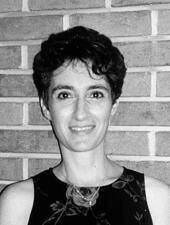
Nina Beth Cardin

Rivka Carmi
Rivka Carmi is a medical geneticist, neonatologist, pediatrician, the first woman to be appointed president of an Israeli university (Ben-Gurion University of the Negev), and a feminist trailblazer who broke the glass ceiling for women in academia.

Phyllis Chesler
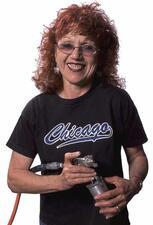
Judy Chicago

Hélène Cixous
Jewish-Algerian-French writer Hélène Cixous published her first book in 1967 and approximately her eighty-seventh in February 2021. This “life writing” comprises poetic fiction and autobiography, literary and feminist theory, art criticism, and theatrical works. Cixous explores the myriad contradictions and consequences of loss and exile, of “being Jewish” and “being a woman.”
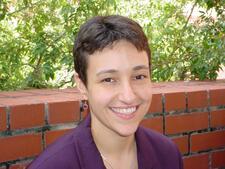
Tamara Cohen
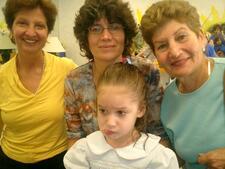
Dianne Cohler-Esses
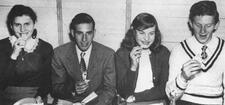
College Students in the United States
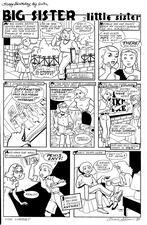
Jewish Women’s Comics and Graphic Narratives
The history of Jewish women’s comics and graphic novels can be traced back to early and mid-20th-century progenitors. With the underground comics scene of the late 1960s/early 1970s, several Jewish women laid the groundwork for the themes, styles, and communal ties that would be taken up by the post-underground. In the 21st century, the works of Jewish women in comics and graphic novels is booming.


